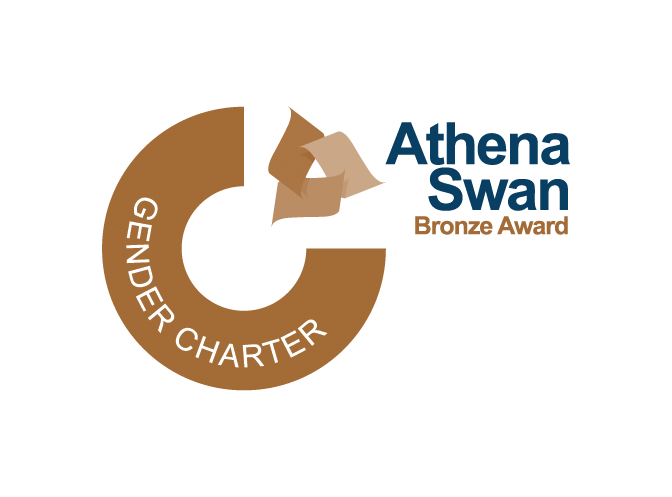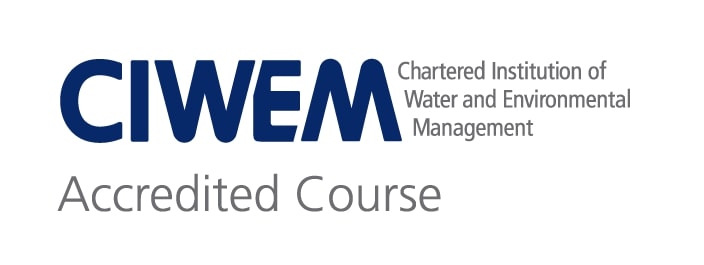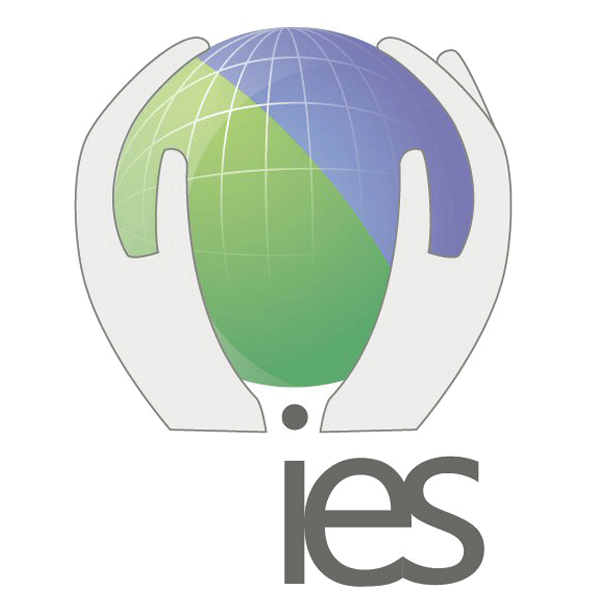You are here
- Home
- Research
- PhD students
- Current Opportunities and How to Apply
- How to Find Life on Mars: Investigating biological potential and putative biosignature formation
How to Find Life on Mars: Investigating biological potential and putative biosignature formation
CURRENT OPPORTUNITIES
We currently have a full-time fully funded PhD Studentship available in the School of Environment, Earth and Ecosystem Sciences based in Milton Keynes starting in October 2023. This studentship is available to UK applicants:
Project
Funding: UKSA
Funding information
For this project funded through UKSA the successful candidate will receive:
- An annual stipend of £17,668 paid directly to the student in monthly increments for 3.0 years
- Full university fees
- A research training support grant (RTSG) of £3,700
Eligibility and Requirements
Applicants must hold a Bachelor’s or equivalent degree in a relevant subject with a grade at least equivalent to a 2:1 OR must demonstrate at least a pass at MSc level. Students should have a strong background in geochemistry/mineralogy/planetary science and an interest in microbiology. To be eligible for funding, the student must be classed as a home student based on the UKRI definition;
• Be a UK National (meeting residency requirements), or
• Have settled status, or
• Have pre-settled status (meeting residency requirements) or,
• Have indefinite leave to remain or enter
If a candidate does not meet one of these criteria, they are treated as an international student.
How to apply
You will need to submit:
- An Open University application form: Home OU application form (if you are resident in the UK)
- A cover letter outlining your motivation for doing a PhD, why this specific project is of interest and how your skills (technical and transferable) match those required of this project
- A CV with the names of three referees (preferably those who can comment on your academic abilities)
Applications must be sent to STEM-EEES-PHD@open.ac.uk by noon on Wednesday 22 February 2023. Interviews will be held week commencing 6 March.
In order to address a historical imbalance, it is our ambition to guarantee up to half the available interviews for certain under-represented groups of Home-award-eligible students who meet the academic requirements (at least a 2:1 at UK BSc level or at least a pass at UK MSc level or equivalent).
For the 2023 intake, you qualify for our interview scheme if you identify as Black, Asian or Minority Ethnic (BAME) or if the postcode where you went to secondary school or grew up (in the UK) is classified as Quintile 1 in the POLAR4 category of the following website: https://www.officeforstudents.org.uk/data-and-analysis/young-participation-by-area/search-by-postcode/
General Advice and Guidance
Applying for PhD projects can be daunting, especially if no one you know has ever applied for a PhD or you don’t know where to start. We’re here to help!
For further information about studying for a PhD within EEES, to be put in touch with a potential supervisor to explore ideas for PhD projects, or to answer any questions about eligibility, suitability, funding or whether you’re unsure that a PhD is for you (it probably is!) please contact Debbie Briggs/ Charlotte Coakley at stem-eees-phd@open.ac.uk We are very happy to answer any questions you may have, and no question is too big or small.
News
Celebrating our new Professor of Ocean Biogeochemistry, Pallavi Anand
We are celebrating another new professor in EEES, following the promotion of Dr Pallavi Anand to Professor of Ocean Biogeochemistry.
Celebrating our new Professor of Planetary Mineralogy, Susanne Schwenzer
We are celebrating a new Professor in EEES. Dr Susanne Schwenzer has recently been promoted to Professor of Planetary Mineralogy.


